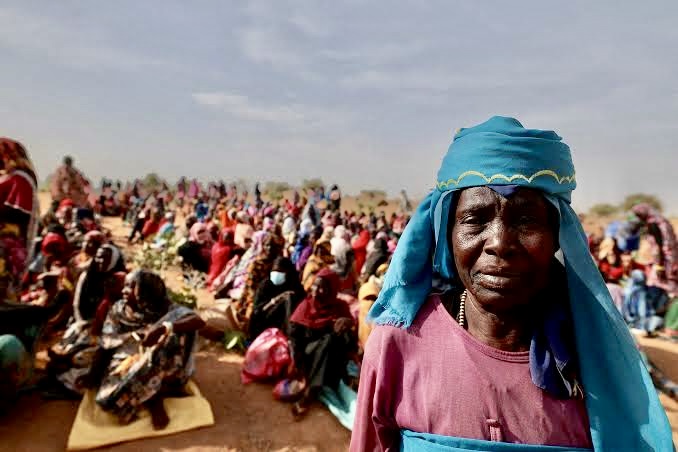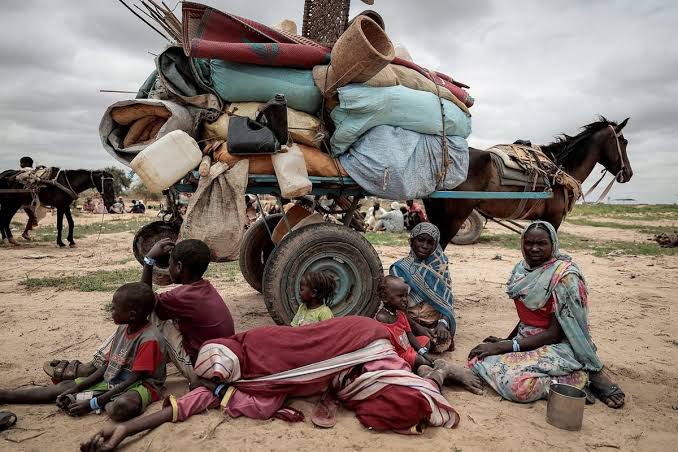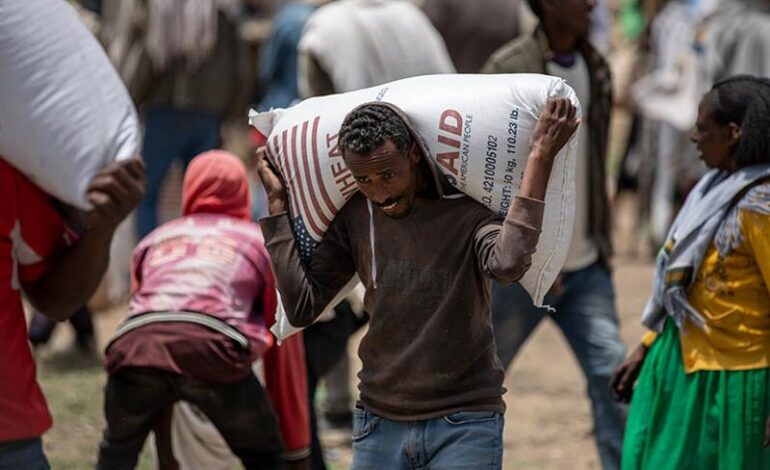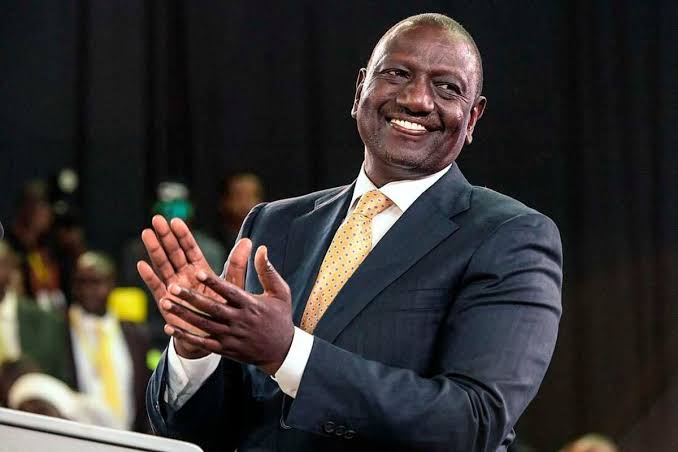
Faith Nyasuguta
In Sudan, a ten-month-long conflict continues to unveil alleged crimes, with the International Criminal Court (ICC) prosecutor, Karim Khan, asserting that Sudan’s armed forces and paramilitary groups are committing atrocities in the Darfur region.
The ICC, established by the Rome Statute in 2002, focuses on investigating war crimes, crimes against humanity, genocide, and the crime of aggression.
Darfur, marred by ethnic violence since 2003, remains a critical battleground where paramilitary forces and allied Arab militias target non-Arab ethnic groups. Al Geneina in West Darfur symbolizes the immense suffering inflicted by the war, with Khan emphasizing the central role of alleged atrocities in El Geneina in the ICC’s investigations.
Last year, the West Darfur region witnessed the loss of 10,000 to 15,000 lives from non-Arab communities, attributed to the paramilitary Rapid Support Forces (RSF) and allied Arab militia. A recent UN panel report highlighted the severity of the situation, circulating in the press last week.
The Security Council referred the Darfur situation to the ICC in 2005, and Khan stressed the court’s continued mandate under that resolution. However, he lamented the international community’s failure to execute warrants issued by independent judges, fostering a climate of impunity and fueling violence since April.
Reflecting on a meeting with 70 Darfuris in London, Khan shared their collective concern that the world remains oblivious to their plight. Feeling small, invisible, unimportant, and too poor to garner real attention, they conveyed urgency about their suffering.
In response, an IGAD summit urged warring leaders General Al Burhan and General Hamdane Daglo to agree to a ceasefire and engage in face-to-face talks. The ongoing conflict in Sudan has not only resulted in staggering human losses but has also seen a significant displacement of over 7 million people.
The humanitarian crisis looms large as communities face the harsh realities of violence, deprivation, and displacement. Amidst the chaos, the urgent need for international intervention and aid becomes increasingly evident to alleviate the suffering of those affected.
The ICC prosecutor’s revelation of ongoing atrocities in Darfur underscores the critical role of accountability and justice in resolving conflicts. The failure to execute warrants and address these crimes contributes to a climate of impunity, perpetuating violence and undermining efforts for a sustainable peace.

The international community faces a moral imperative to ensure that those responsible for heinous acts are held accountable, providing a beacon of hope for justice in regions ravaged by conflict.
As the conflict continues unabated, the voices of the Darfuri people resonate as a poignant reminder of the human cost of war. Their plea for attention, recognition, and swift action underscores the urgency for a comprehensive and effective international response.
The situation in Sudan remains a stark reminder of the collective responsibility to protect human rights, uphold justice, and strive for lasting peace in the face of complex and protracted conflicts.
RELATED:




